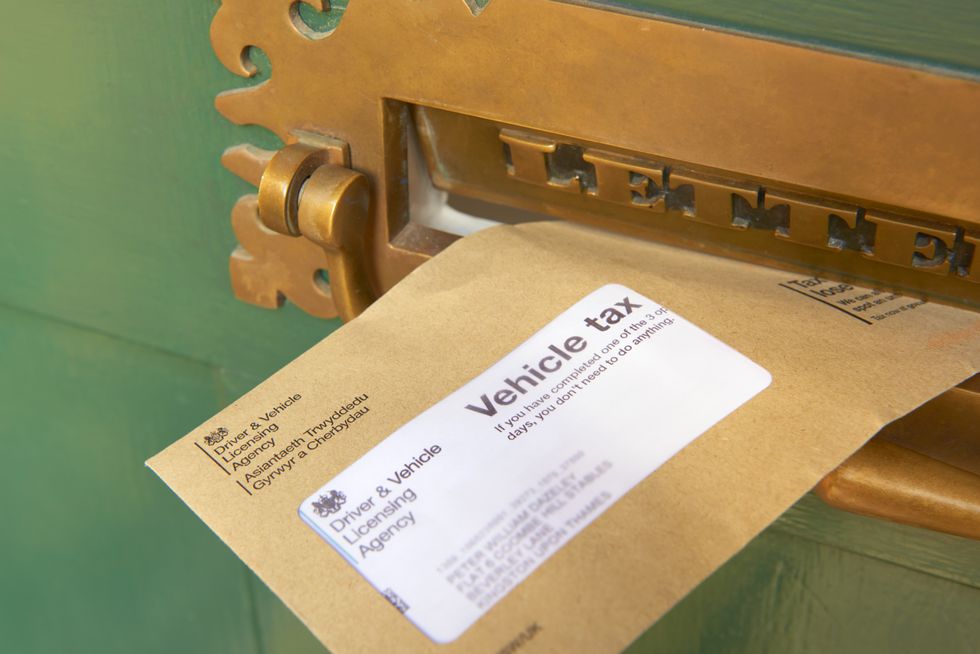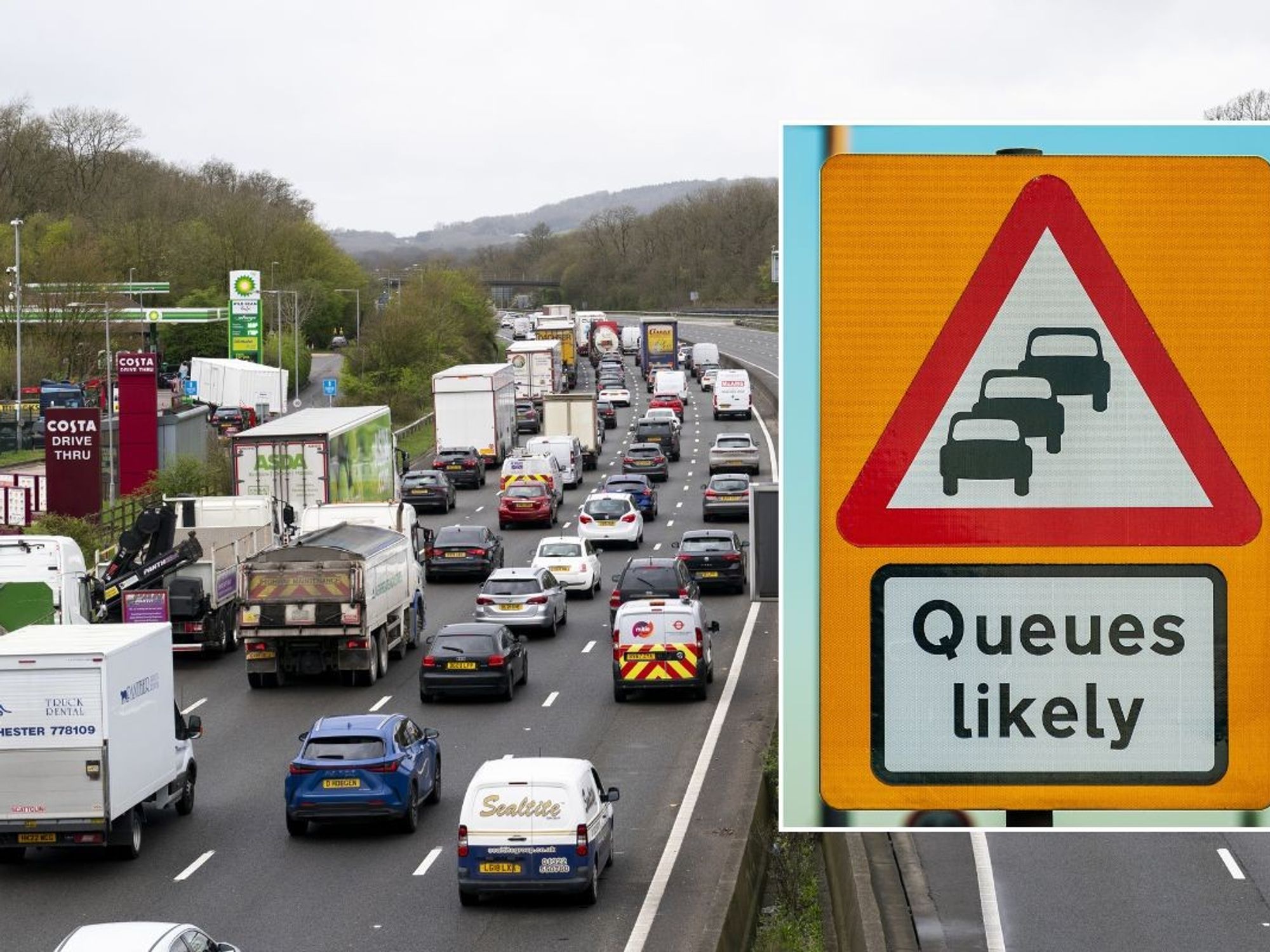Drivers face huge cost hikes in pay-per-mile schemes
DVLA/X/PA
Cost hikes are expected to be addressed in the Autumn Budget announcement
Don't Miss
Most Read
Trending on GB News
New pay-per-mile car tax changes could see motorists charged up to 15p per mile if Vehicle Excise Duty (VED) is replaced, with all motorists at risk of being slapped with massive costs.
Experts have estimated the cost hikes in a similar way as drivers who currently pay a yearly rate of £190 for road tax after the first year.
For the average UK motorist driving 7,000 miles annually, this could mean a £1,050 yearly fee - a substantial increase from the current flat rate.
However, with electric vehicles set to become subject to road tax from April 2025, the new Labour Government may be exploring ways to create a fairer system that encourages the transition to cleaner vehicles.
Do you have a story you'd like to share? Get in touch by emailingmotoring@gbnews.uk

Electric cars will be charged the lowest rate of VED
PAThe proposed pay-per-mile scheme could have far-reaching implications for all drivers, especially those considering the switch to electric vehicles.
The implementation of a new system could involve various methods. These might include annual odometer readings, telematics devices installed in vehicles, or Government-approved smartphone apps to track mileage.
Thom Groot, CEO and Co-founder of The Electric Car Scheme, said "The potential introduction of a pay-per-mile system represents a significant shift in how we think about road taxation.
“It's a move that could have far-reaching implications for all drivers, especially those considering the switch to electric vehicles."
The proposed pay-per-mile system could significantly impactdifferent groups of drivers. Rural residents who rely heavily on their vehicles for daily activities may face increased costs.
Commuters and those who travel frequently could also see their expenses rise substantially with costs being based on how far drivers travel each day.
Rhydian Jones, motoring expert at Confused.com car insurance told GB News: "Commuters, families and those living in more rural areas could face higher costs as they take longer and more frequent journeys.
“This change could benefit drivers who currently pay £190 on VED while barely using their vehicles. They could end up paying much less under the new system."
However, the pay-per-mile system could offer several potential benefits. It might reduce congestion on roads as drivers become more conscious of their mileage.
The system could also be seen as a fairer approach to taxation, with costs more closely aligned to actual road usage. However, there are concerns about the privacy implications of mileage tracking methods with some drivers worried about the Government's ability to monitor citizens' movements.
The system could also lead to increased costs for those who rely heavily on their vehicles. Jones warns: "If variable rates of road charging are used, those who have to travel at peak hours could see higher costs."
As the UK approaches the October 2024 Budget, all eyes will be on the Government's announcements regarding road taxation.
LATEST DEVELOPMENTS:
 There have been calls for new car tax changes GETTY
There have been calls for new car tax changes GETTYRegardless of whether a new tax measure is announced, costs will hike on April 1, 2025, with electric and low-emission vehicles soon being subject to VED in the same way as petrol and diesel vehicles.
Despite these changes, the overall financial picture for electric vehicles remains positive with Groot emphasising: "Between lower fueling costs, reduced maintenance needs, and significant tax advantages, electric vehicles continue to offer compelling value for many drivers."








